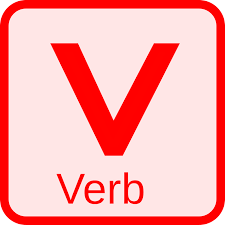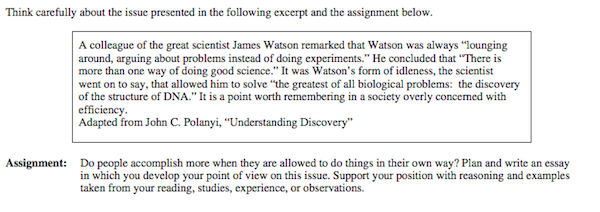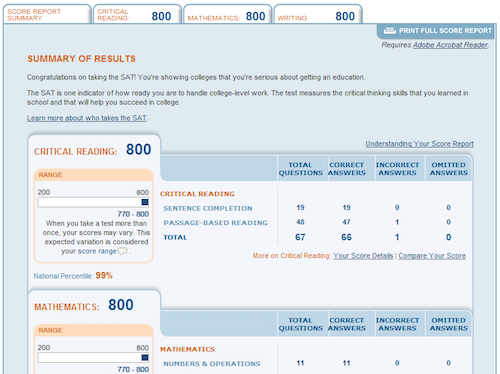I’ve worked with dozens of students as they studied for the SAT, and the writing section is often the most confusing for them. It tests a lot of grammar concepts you may not have learned in school or else haven’t studied in many years—even if you're an A student in English class, there are probably some rules tested on the SAT that you aren't familiar with.
Happily, the test asks about the same few concepts over and over again, so there aren't that many topics you really need to know. Avoiding just a few of the most common mistakes students often make can really help your score.
Let’s go through these common mistakes one at a time:
























